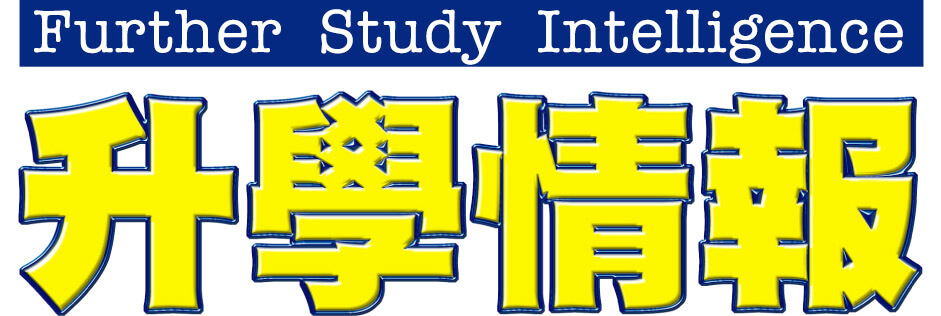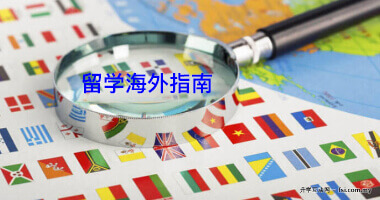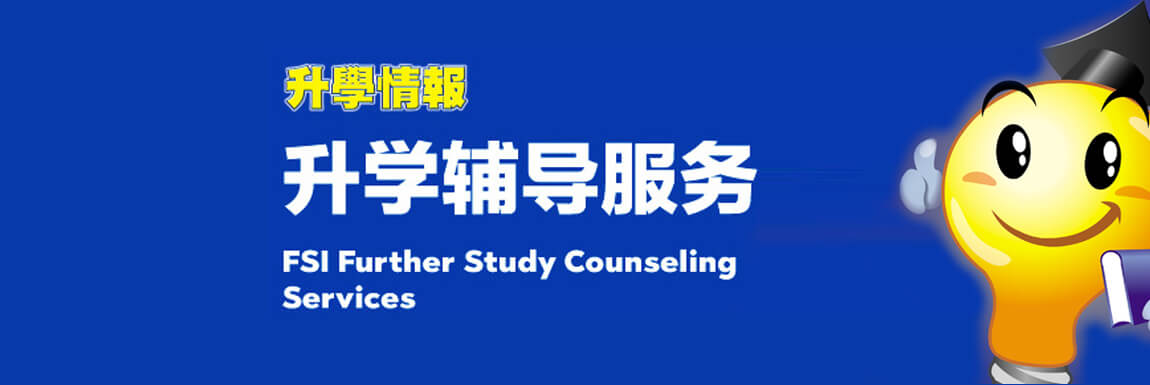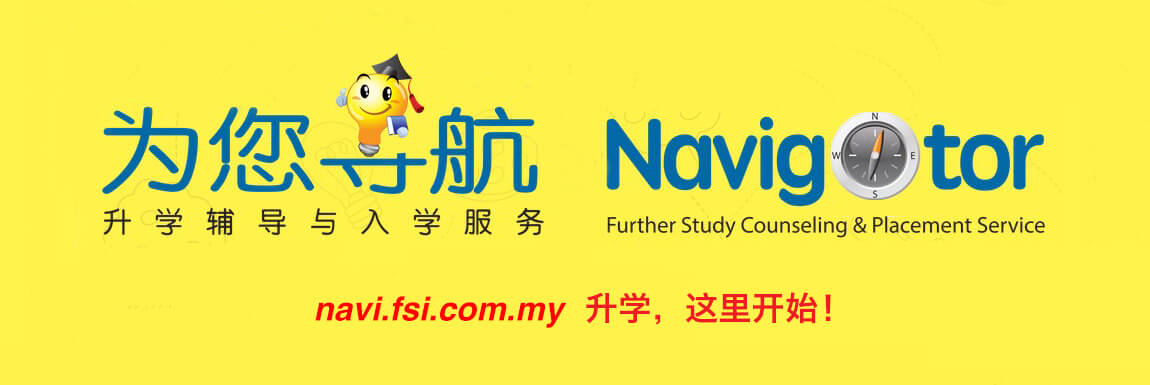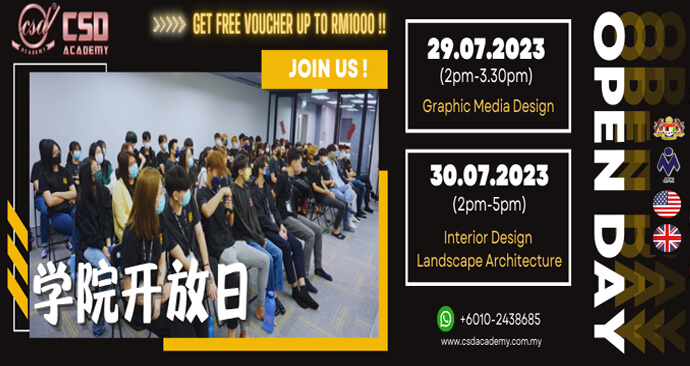Many perceive men to be more silent in nature but at the #globalguytalk on “Pandemic Struggles and Guys in Silence: Shared Perspectives of Young Men in a University Setting”, organised by the Centre for Foundation Studies (CFS) of Kampar Campus, in collaboration with the Embassy of Sweden in Kuala Lumpur on 27 November 2021 via Microsoft Teams, that perception was challenged.
The event kick-started with a welcome speech by UTAR Vice President for R&D and Commercialisation Prof Ts Dr Faidz bin Abd Rahman, who thanked his Excellency Dr Joachim Bergström and the guest speaker, Heba Eltarifi for bringing and sharing this initiative on #globalguytalk with our staff, students and the public.

Prof Faidz (fourth box from the top) expressing his hope for the event to create greater awareness.
“With globalisation and digital technology, the world has become more accessible through the internet. Communities are becoming more aware of gender issues, expectations and gender equality, and the changing roles of men and women at home, at study and work. In many countries, it is not easy and there are not many opportunities to have guy talks about challenges, norms, equality and expectations for a more equal society, especially during the pandemic where physical meetings are restricted. I believe that by having such conversations, there will be a better bond and understanding that can lead to a more harmonious life for everyone,” said Prof Faidz. He also expressed his hope for the event to create greater awareness among students and inspire more conversations with friends and families for greater understanding that will benefit society.

His Excellency Dr Joachim Bergström emphasising the need to make a more equal world.
His Excellency Dr Joachim Bergström delivered the opening address and said, “It’s becoming clearer than ever that we have to be more focused on values in governance, world politics and diplomacy as opposed to just interests. Of course interests and values are not always in binary opposition to one another, but often values have been forced to take a step back in the interest of greater interests, be they political, economic, or just clinging on to historical power or privilege. Looking at the world today, the health crisis that we are in the middle of, the environmental crisis, the migration flows, the challenges that democracy is facing around the world, it’s really obvious to me that fostering values is the right thing to do. Human rights and responsibilities, democracy, equality, the right to education, the possibilities in the future in a sustainable and survivable world are long-term things that require the cooperation, solidarity, and sustenance of everyone.”
He added, “At the core of today’s talk, rests the hope of a more equal and just world; a place where everyone will profit from less injustice, less inequality, and less disenfranchisement. This has been a cornerstone of Sweden’s foreign policy for years, and it runs through everything that we are trying to achieve. Since 2014, we have had an articulate feminist foreign policy circulating in on goals and mechanisms for a more equal and just world. Today’s event can be seen as part of that vein together with you, us men sharing the burden with women who traditionally have been in the driver seat of equality, getting us men to talk about things that matter again. The benefits of a more equal society are many, and now with the focus of scientists and scholars around the world, we can achieve better financial benefits, higher quality of life, better democracy, and more sustainable development if we are more equal. That is what responsibility, justice and solidarity are about.”

Eltarifi (top box) explaining the sustainable initiatives taken by Scania.
Guest speaker and Managing Director Scania Southeast Asia Heba Eltarifi enlightened participants on Scania’s efforts and initiatives to achieve a sustainable transport system. She explained that Scania’s purpose with its sustainable initiatives is to create a world of mobility that is good for business, society and the environment. On achieving sustainable transport, she highlighted that Scania is looking into energy efficiency, renewable fuels and electrification, and smart and safe transport, while aspects on environmental footprint, diversity and inclusion, health and safety, human and labour rights, business ethics, and community engagement to achieve responsible business. She also further elaborated on Scania’s effort to bring diversity, inclusion and gender equality at work.

Clockwise from top left: Lionel, Titus, Aiyub Han, Oon, Jonathan, and Tan sharing their perspectives.
Led by Organising Chairperson and moderator CFS Kampar academic Lionel Keith Vytialingam, the panellists for the guy talk consisted of Bachelor of Marketing (Honours) student Bennet Oon Wei Sharn, Bachelor of Arts (Honours) English Education student Jonathan S P Alexander, Foundation in Science student Aiyub Han Ismail, Bachelor of Social Science (Honours) Psychology student Titus David Rasahpandy, and Bachelor of Arts (Honours) English Language student Derrick Tan Lin Kang.
In their conversations, the panellists shared their opinions and feelings on breaking stereotypes about men being passive in conversations, especially on topics that involve deeper emotions or portray vulnerabilities. The panellists complimented the conversation for being instrumental in providing them a platform to express freely and break pre-conceived gender expectations. They also discussed the effects of the pandemic and Movement Control Order on them, and ways they coped with the changes, especially online learning. The session ended on an optimistic note with panellists indicating that they are hopeful for a future where men are less inhibited to talk about their personal struggles.
About #globalguytalk
#globalguytalk is an initiative by the Swedish foundation Make Equal which is now being spread to the rest of the world by the Swedish Institute. The concept is easy – gather a group of guys and start talking about things that men rarely talk about. The ambition with #globalguytalk is to give men the chance to contribute to a more equal society by starting with themselves.

Tan presenting his research.
He also explained, “This research is not like any other researches as it requires one to understand the content before developing it. It was a big challenge for to me to multitask. However, it was very meaningful to do this topic because I know it will make some contribution to society. It helps people to easily get familiar with the topic by utilising multimedia elements. With this software, people will be able to learn about the history and culture of WayangKulit anytime, anywhere, by providing the users with basic knowledge of WayangKulit, restoring the performance of WayangKulit, giving users augmented reality experience of the characters, and educating users on the process of making WayangKulit.”
Tan’s research is also related to SDG 11: Sustainable cities and communities, specifically on the target that calls for strengthening efforts to protect and safeguard the world’s cultural and natural heritage. “This software is related to the history and culture of WayangKulit, so it is very meaningful to work on this research so we can preserve it and pass it on to the next generation. There are still some parts of the software that can be further improved and modified, so I am looking forward to enhancing the features,” said Tan.
International Virtual Expo of Innovation Product and System Design 2021 (In-ViDE 2021) is an innovation competition, in which, innovation products and systems related to various science and technological fields are exhibited as a solution for the presented problems. The expo was held for the first time as a national level exhibition in 2020. It received a total of 220 participants from various schools and institutes of higher learning (IHL) as well as open inventors. It is hoped that the expo will be able to open the mind of the participants towards the latest technologies and design.
Online Education Fair 线上教育展
Universiti Tunku Abdul Rahman (UTAR)
拉曼大学
https://edufair.fsi.com.my/utar
